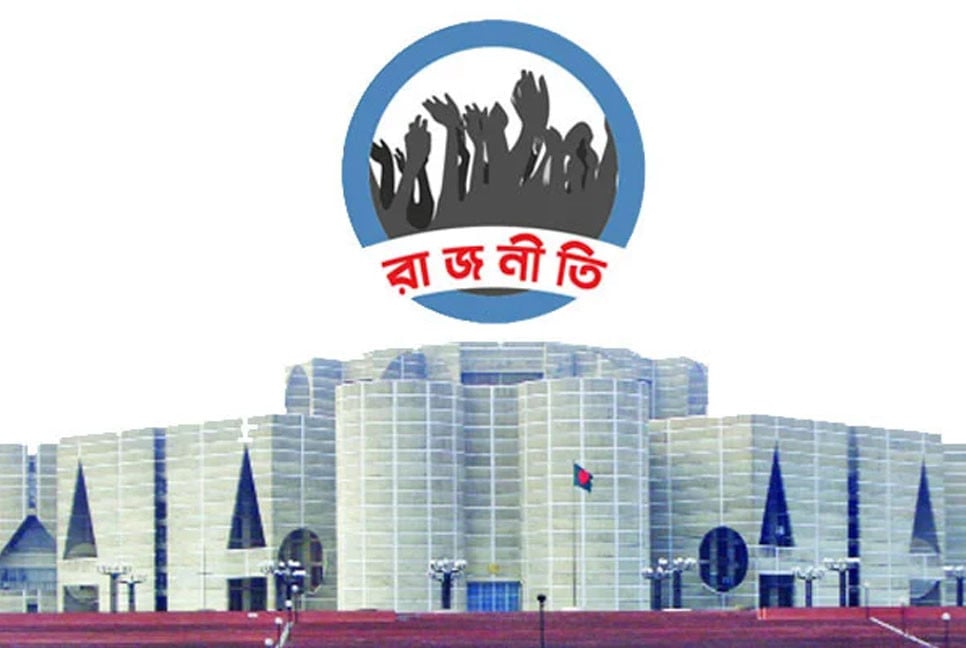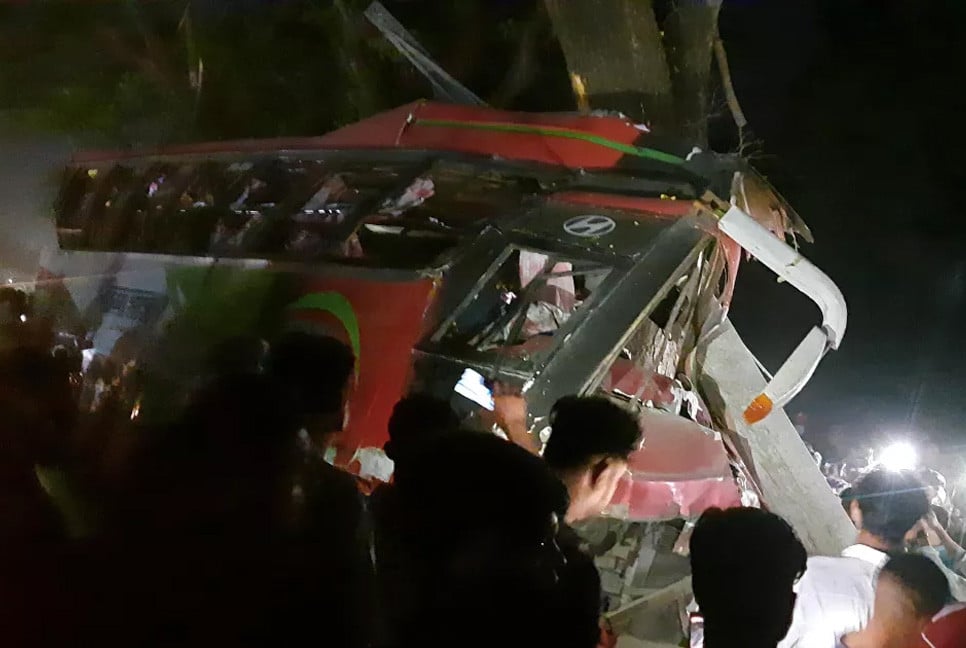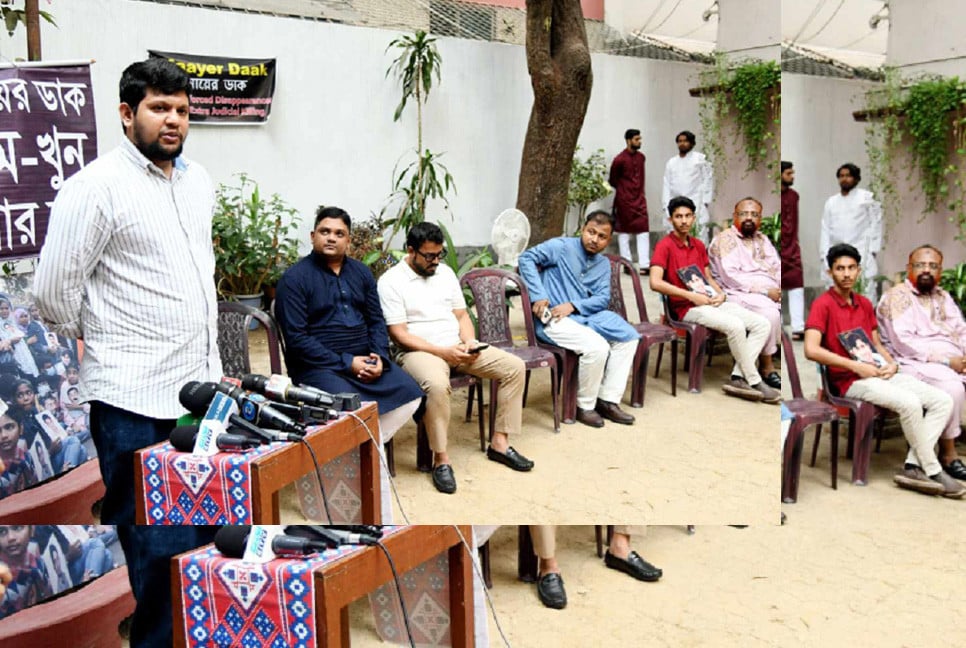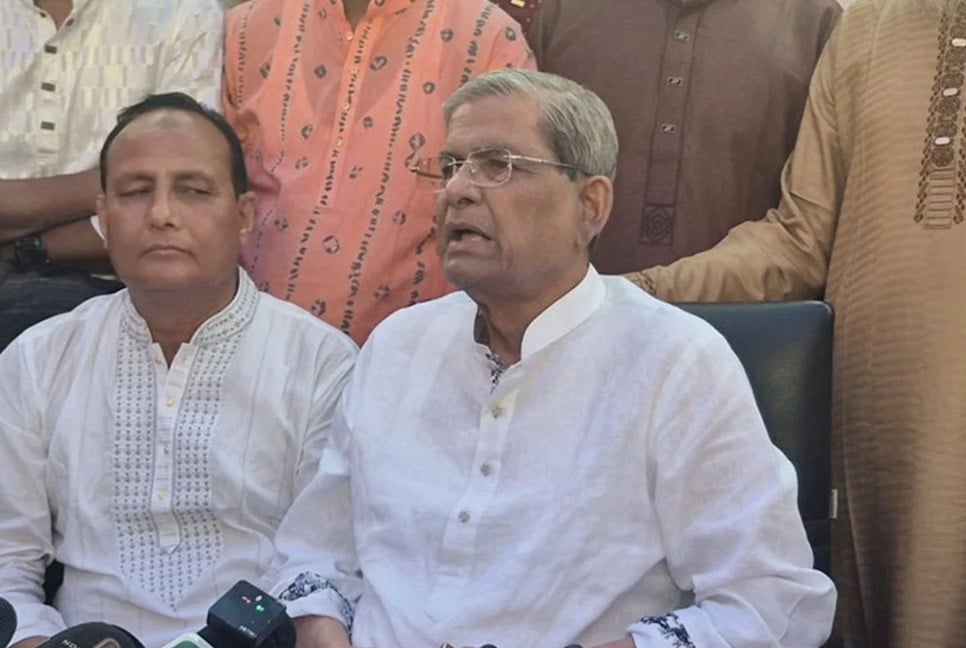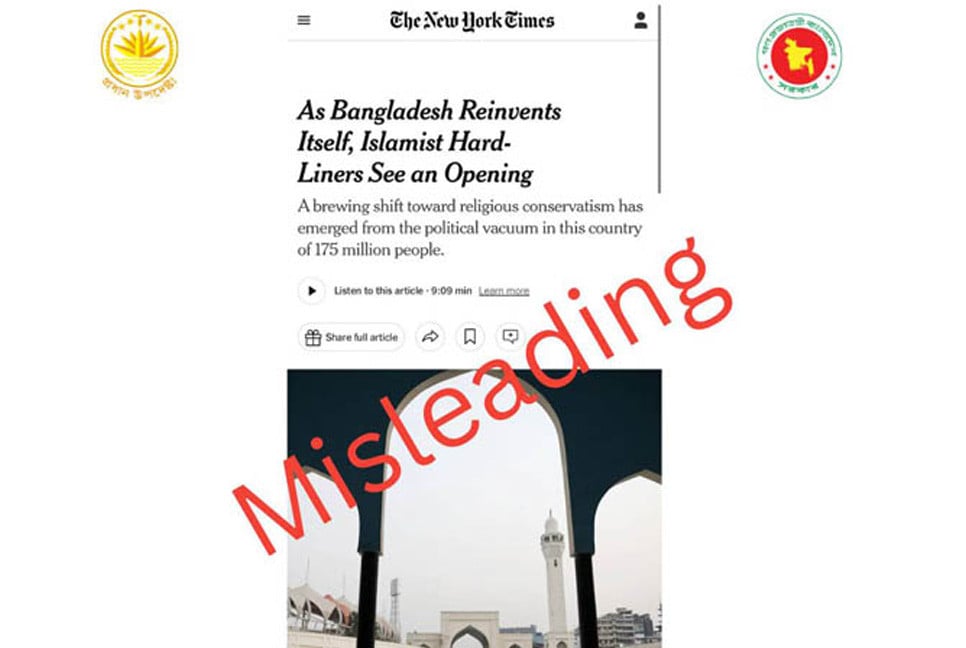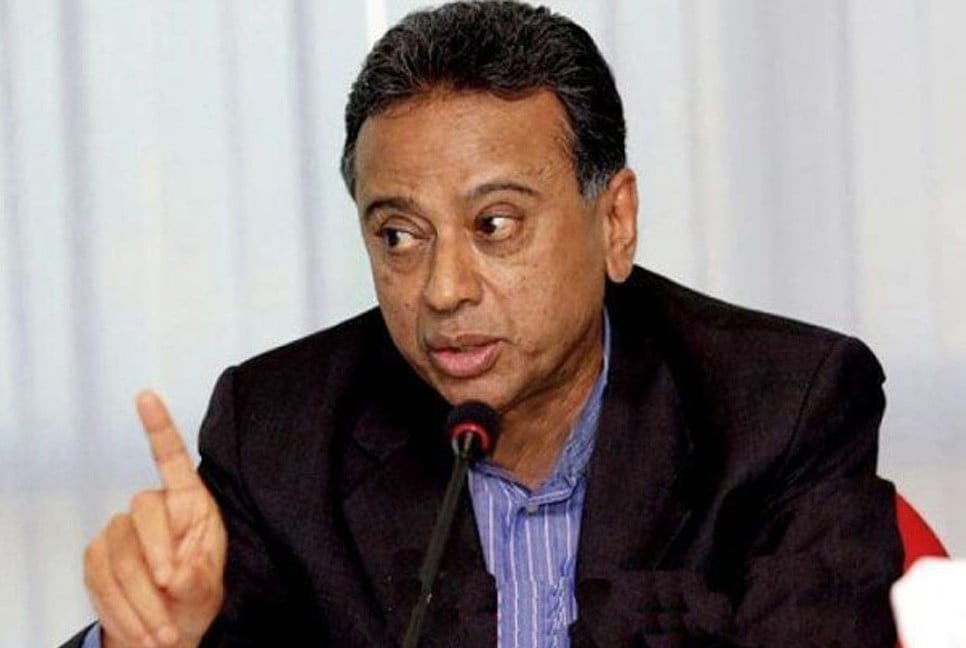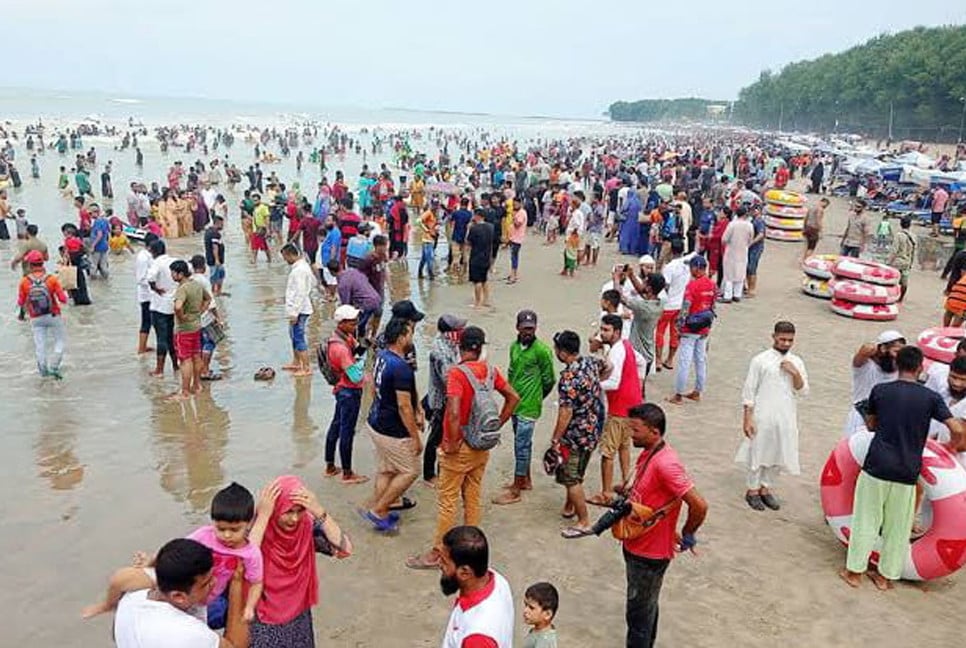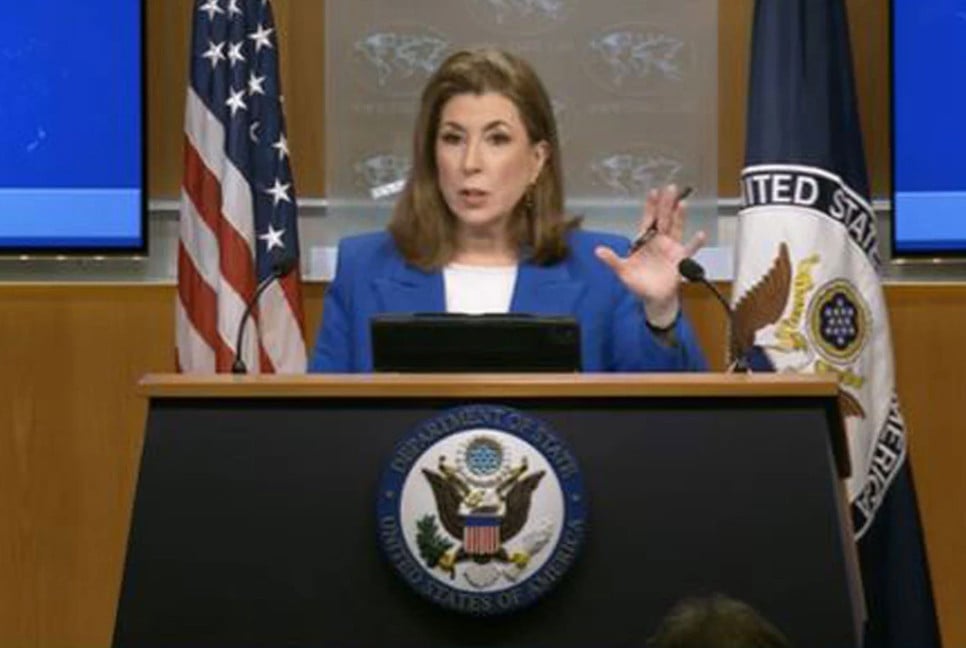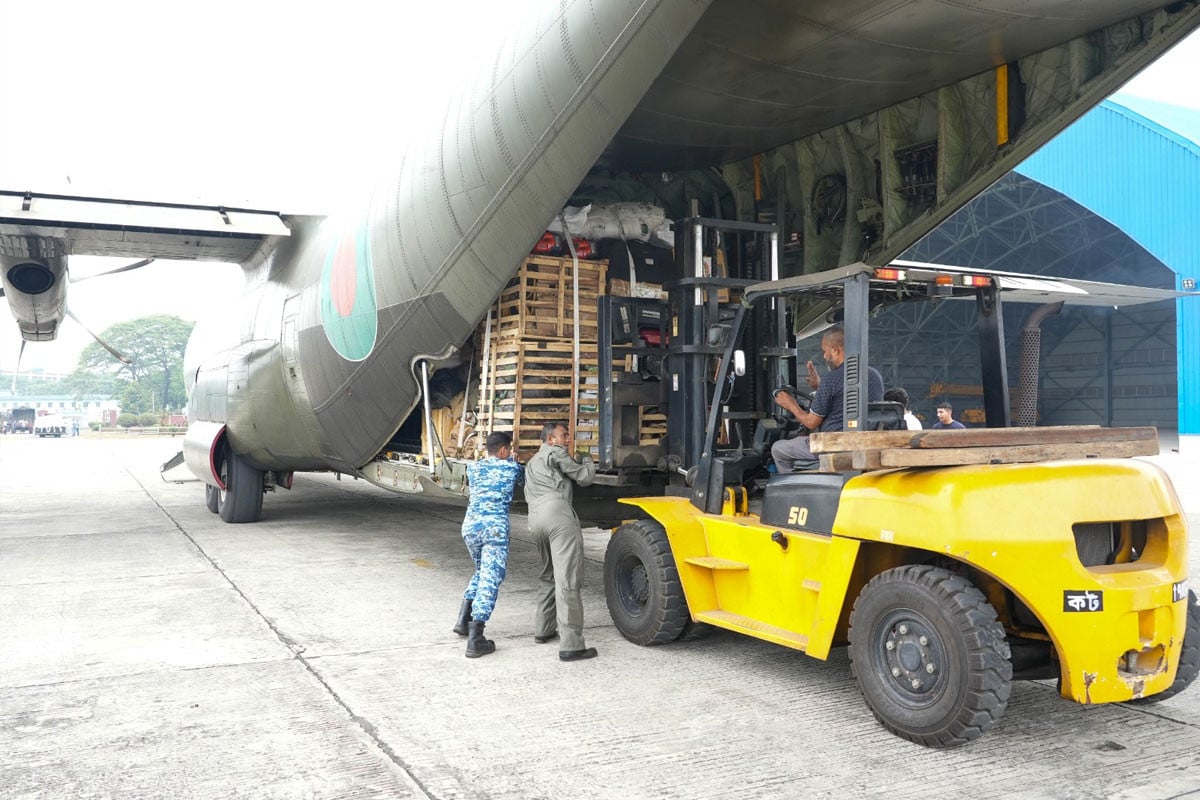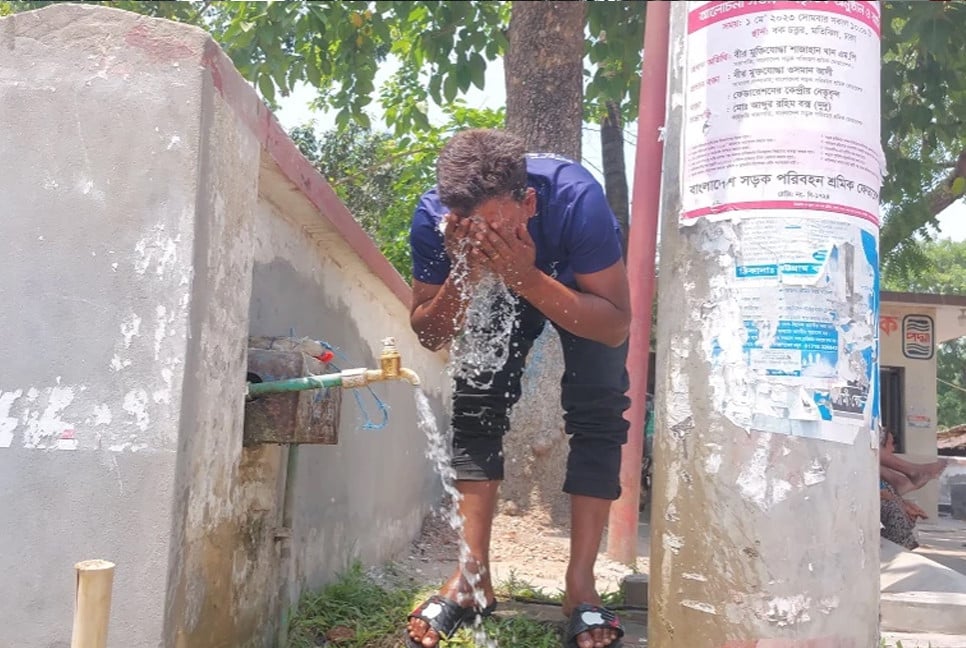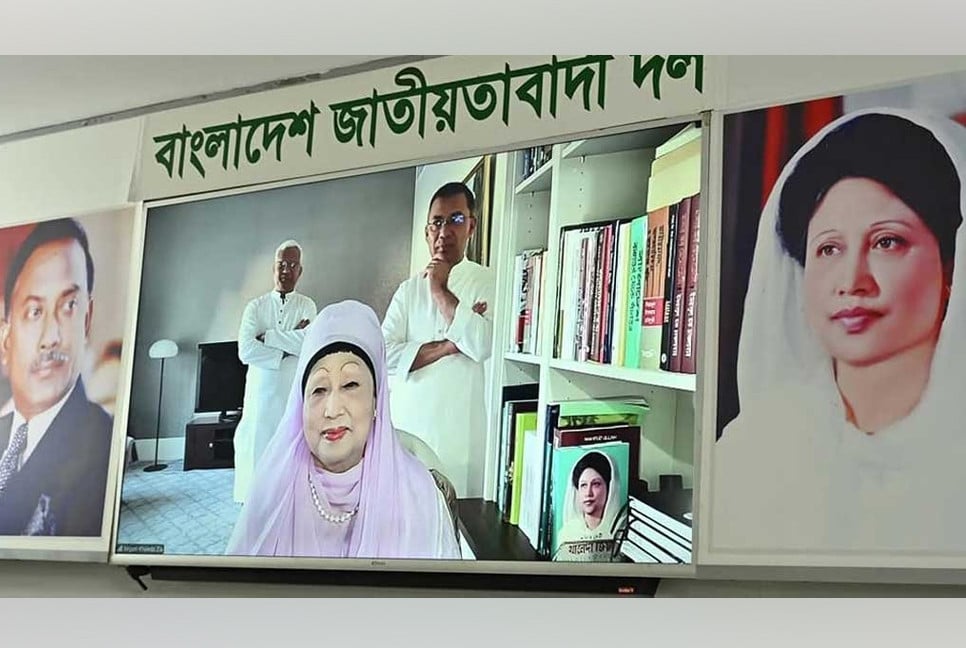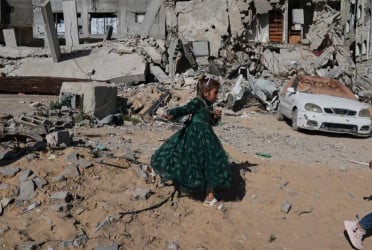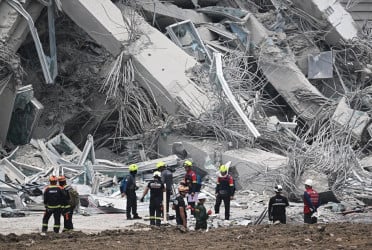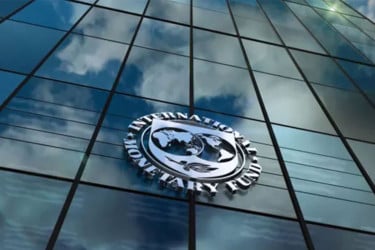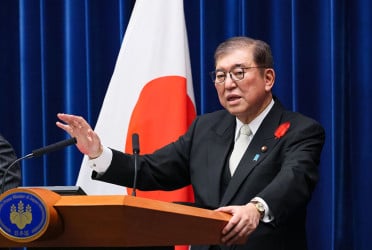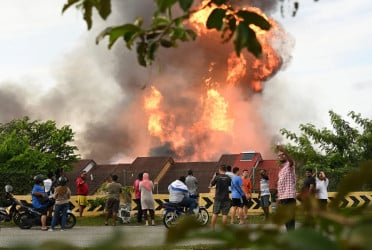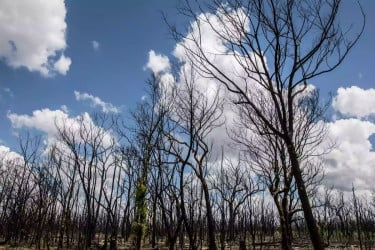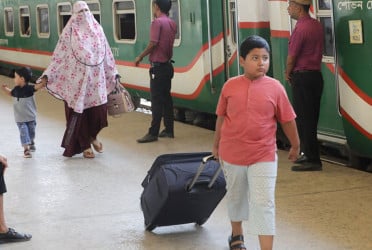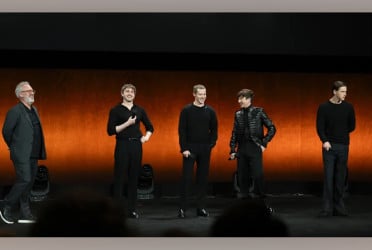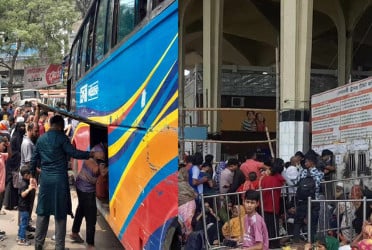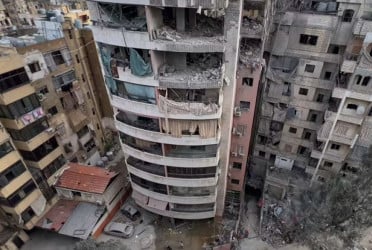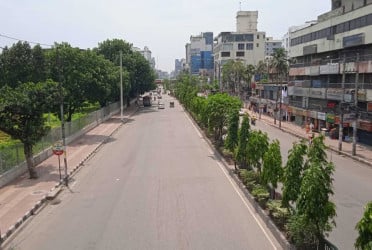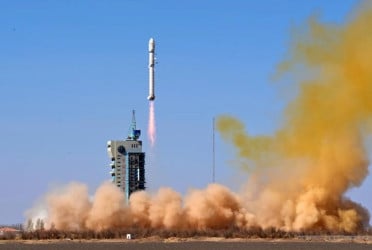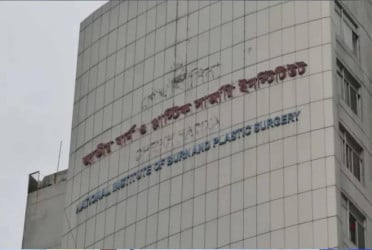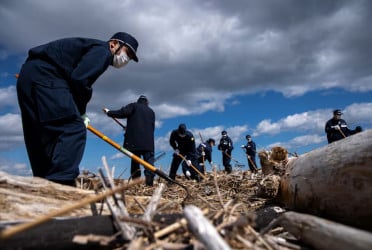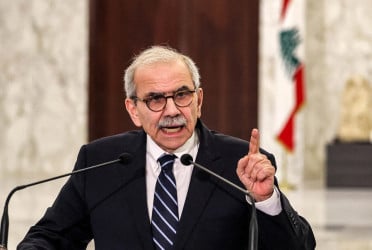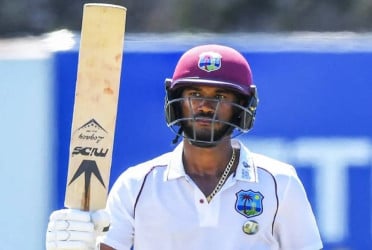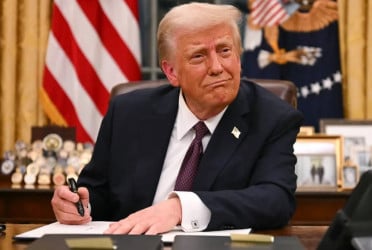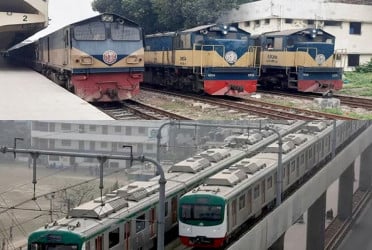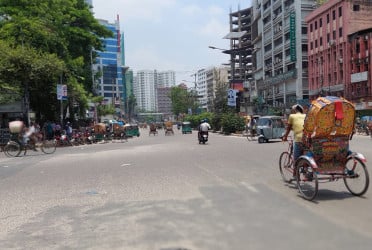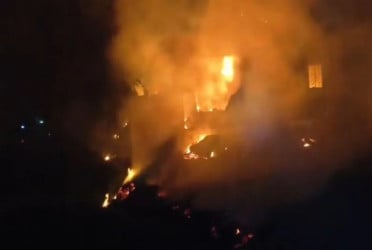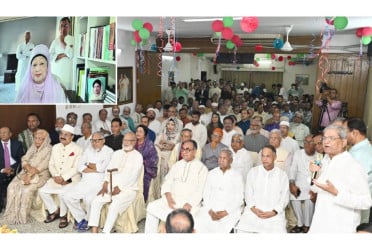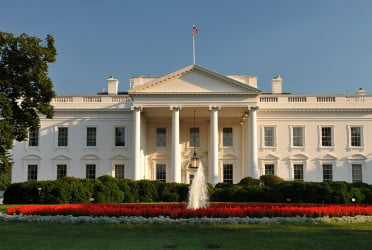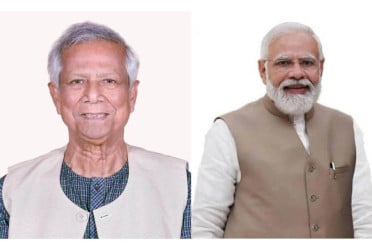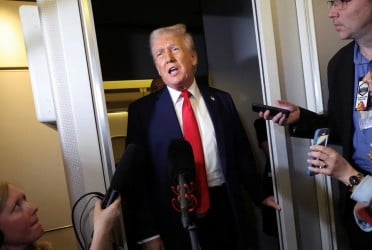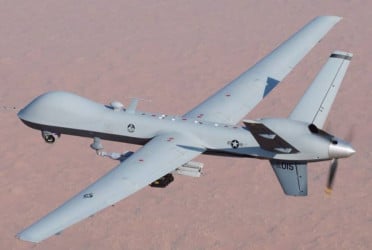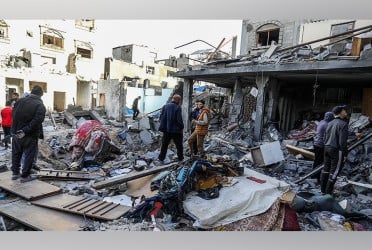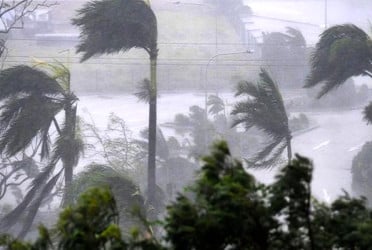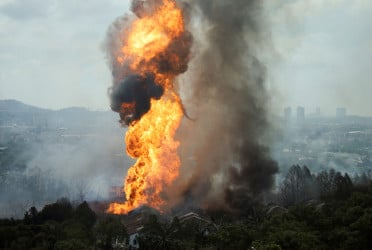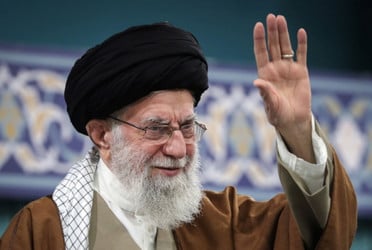As Bangladesh gears up for its 13th parliamentary elections, political parties are intensifying efforts to form alliances. While the election roadmap remains unannounced, the nation’s key players are busy forging coalitions to strengthen their positions. From the Bangladesh Nationalist Party (BNP) and Jamaat-e-Islami to the leftist factions, the race for allies has officially begun.
The BNP has been actively engaging with parties that align with its vision of the liberation war and Islamic values. This effort aims to consolidate a broad-based alliance against the ruling Awami League. BNP Standing Committee member Nazrul Islam Khan has been holding regular meetings with like-minded groups, reportedly maintaining communication with at least 40 parties through the Liaison Committee.
To foster stronger partnerships, BNP leaders are reaching out to parties that may not have traditionally been part of their alliance but share common ground in opposing what they describe as a “fascist” government. On Wednesday, BNP Secretary General Mirza Fakhrul Islam Alamgir met with the Khelafat Majlis, highlighting the party’s commitment to building a unified front.
BNP Chairperson’s Advisory Council member Abdus Salam told Bangladesh Pratidin, “We aim to unite with all parties that participated in street movements against the current government. Regular meetings are underway to achieve this goal.” Acting Chairman Tarique Rahman has even proposed forming a "National Government" and introducing a bicameral parliament if the party wins, further signaling BNP’s readiness for collaboration.
Jamaat-e-Islami, although yet to formalize an alliance, is actively working to unify religious-based political groups. Its leaders are engaging with various Islamic parties, including those that previously opposed Jamaat or allied with the Awami League.
Discussions are reportedly ongoing with parties such as Islami Andolan Bangladesh, the 12-Party Alliance, and the Khelafat Majlis. Prominent figures like Islami Andolan’s Ameer, Mufti Syed Muhammad Rezaul Karim (Pir Charmonai), have hinted at potential collaborations, stating, “We are in talks with like-minded Islamic parties to form alliances. The focus is on whether a unified Islamic bloc can emerge in the upcoming elections.”
Jamaat leaders are also holding meetings with influential figures in the Islamic community, including scholars and madrasa representatives. Former MP and Jamaat Assistant Secretary General Hamidur Rahman Azad noted that these engagements aim to foster unity among Islamist groups for a stronger electoral presence.
The leftist political landscape is also witnessing a wave of unification. Several leftist parties and alliances are rallying around shared demands, aiming to present a cohesive front in the upcoming elections.
Key figures in this movement include Bazlur Rashid Firoz, central coordinator of the Democratic Alliance; Mohammad Shah Alam, President of the Communist Party of Bangladesh (CPB); and Ruhin Hossain Prince, General Secretary of the CPB. Other prominent leaders include JSD President Sharif Nurul Ambia, Ganatantrik Biplobi Party General Secretary Moshrefa Mishu, and Basad (Marxist) Coordinator Masud Rana.
These leaders are working toward a unified platform to advocate for various political and social reforms. According to party insiders, the leftist coalition seeks to create an alternative political narrative and amplify its influence in the upcoming elections.
With the elections drawing closer, the competition for allies is reshaping Bangladesh’s political landscape. The BNP’s focus on liberation war supporters and Islamic values, Jamaat’s drive for Islamist unity, and the leftists’ push for collective action highlight the fragmented yet dynamic nature of the nation’s politics.
As all major factions rally their forces, the upcoming elections promise to be a decisive moment for the country, with alliances likely playing a crucial role in shaping its political future.
Bd-pratidin English/ Jisan

